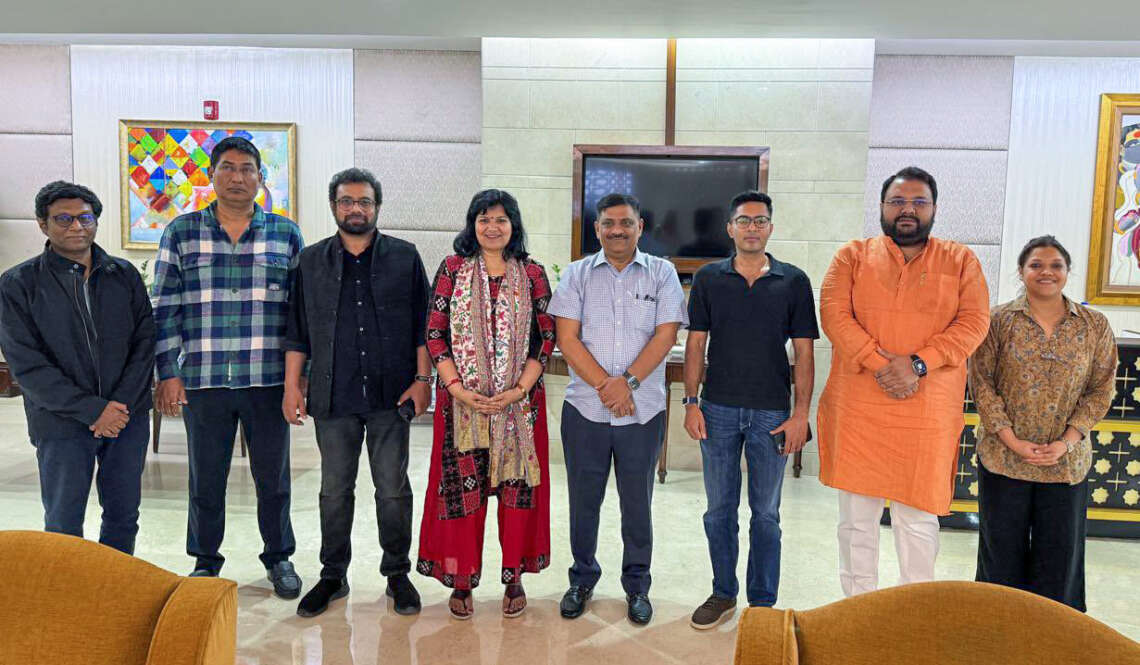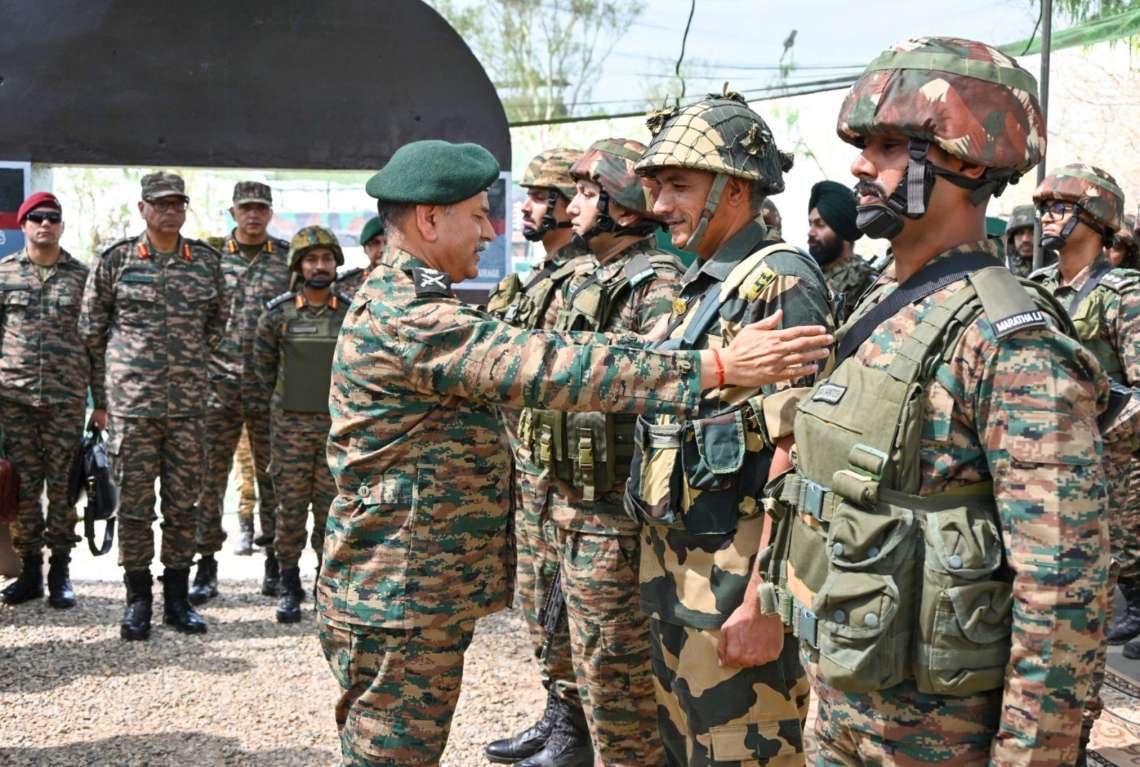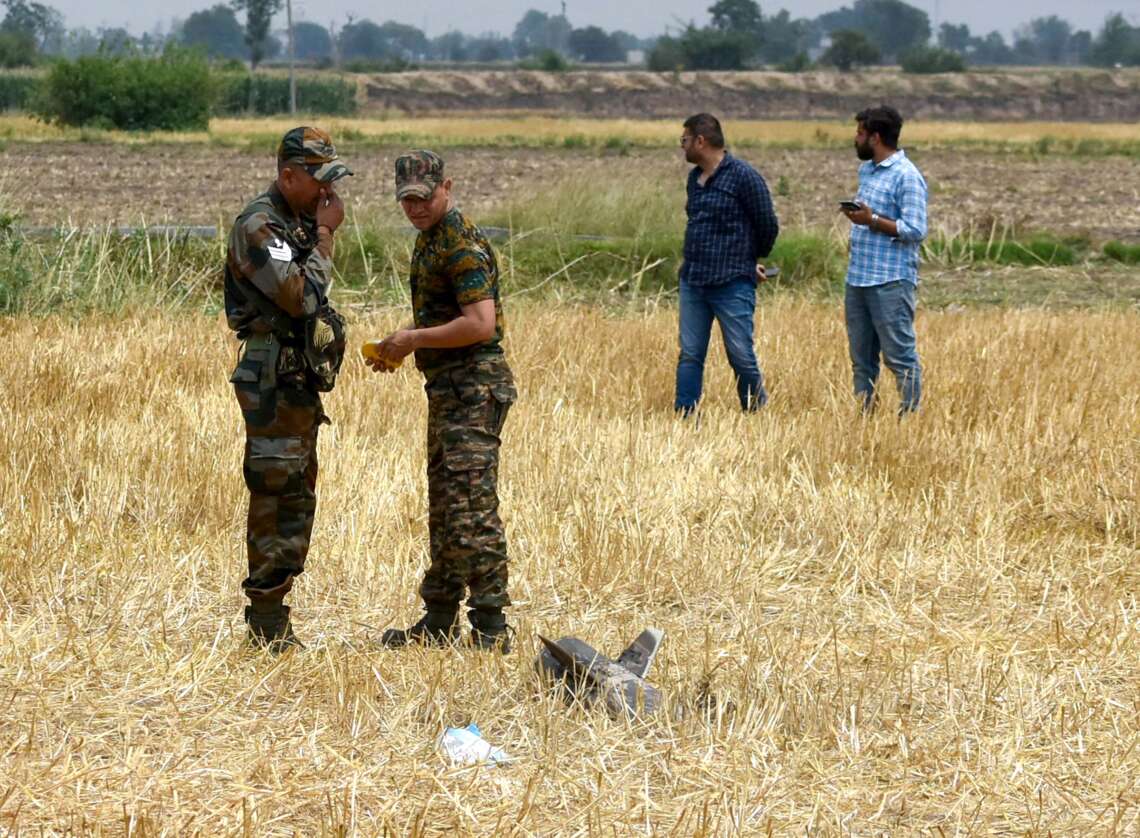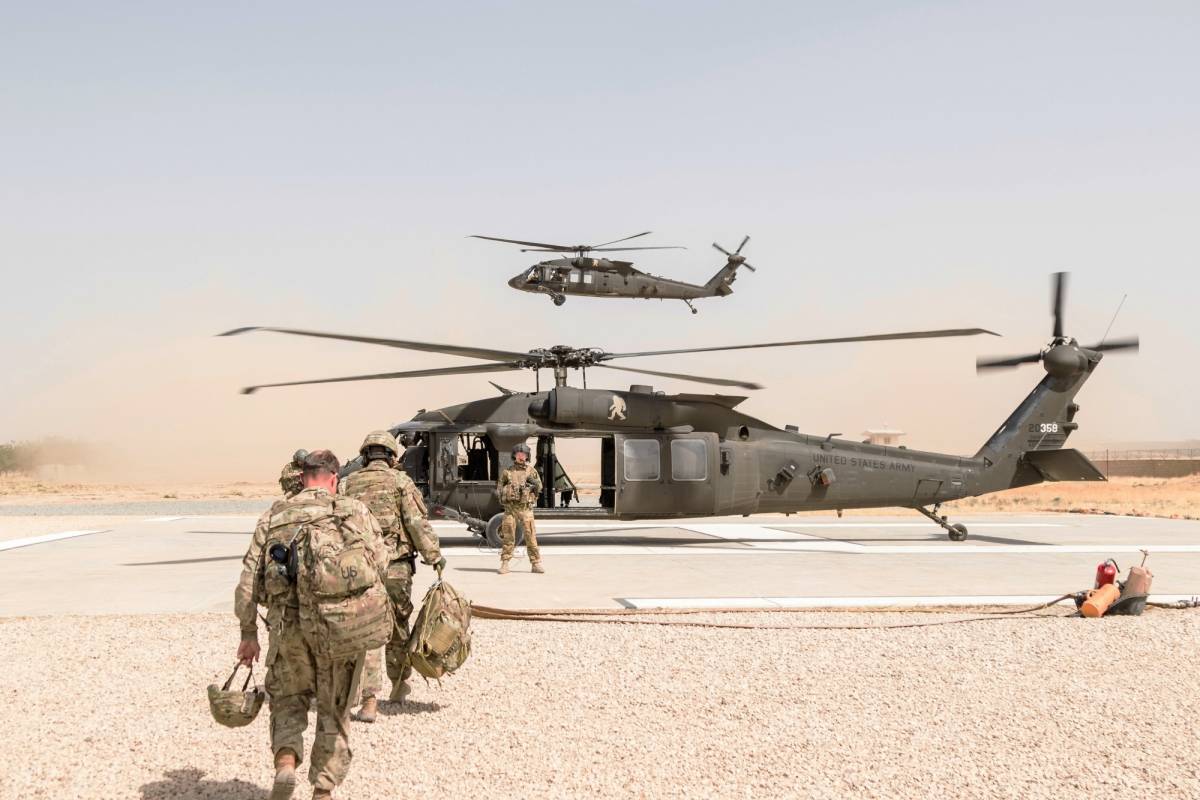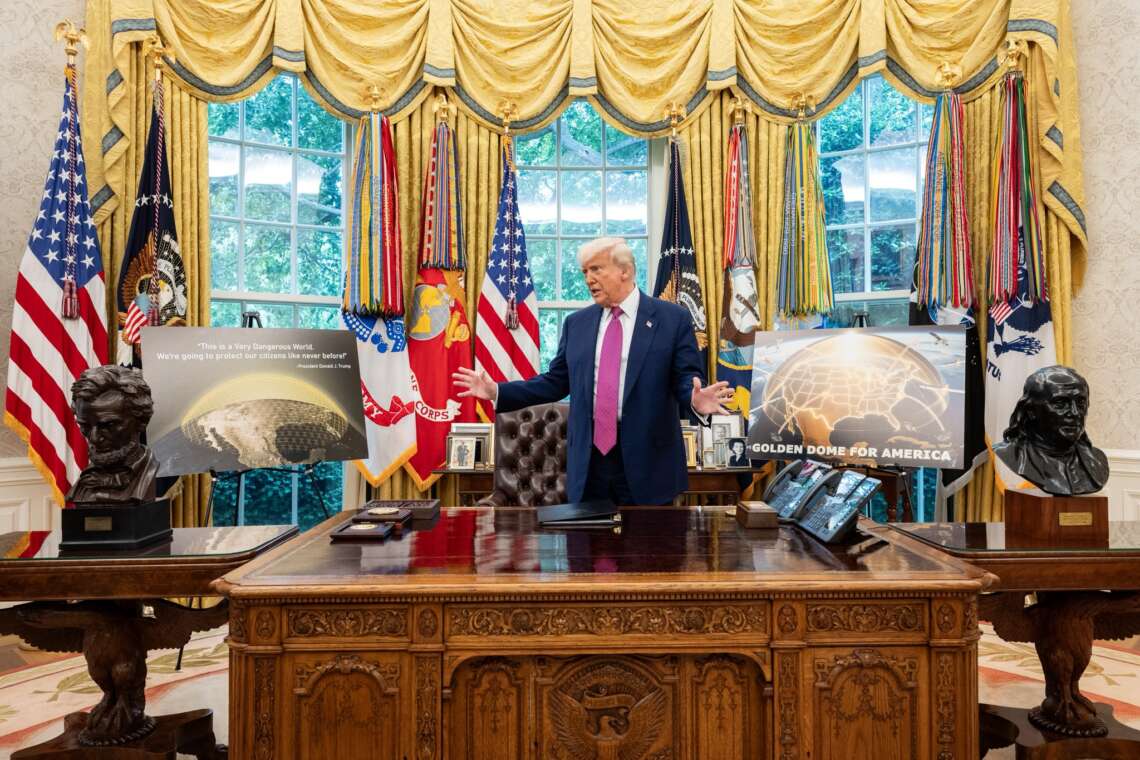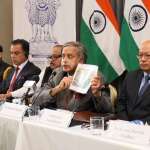The initiative, titled Operation Sindoor Outreach, is being led by the Ministry of External Affairs and comprises 59 parliamentarians from across India’s political spectrum — including senior opposition leaders, former ministers, and seasoned diplomats.
In an unprecedented foreign policy initiative, India has launched a coordinated global diplomatic outreach, dispatching seven all-party parliamentary delegations to 33 countries with a singular objective: to spotlight Pakistan’s sustained role in cross-border terrorism and to rally international support against state-sponsored extremism. This effort comes in the aftermath of Operation Sindoor, a series of targeted Indian strikes on terror camps across the Line of Control, following the April 22 terror attack in South Kashmir’s Pahalgam which killed 26 civilians.
The initiative, titled Operation Sindoor Outreach, is being led by the Ministry of External Affairs and comprises 59 parliamentarians from across India’s political spectrum — including senior opposition leaders, former ministers, and seasoned diplomats. Between 21 May and 5 June, these delegations will engage with governments, lawmakers, think tanks, media, and diaspora groups in strategic capitals across Asia, Africa, Europe, and the Americas.
The outreach aims to communicate India’s zero-tolerance stance on terrorism and to counter Pakistan’s narrative on international platforms, especially as Islamabad prepares to take its seat as a non-permanent member of the UN Security Council.
A Global Diplomatic Offensive
Speaking at a briefing before the delegations’ departure, Foreign Secretary Vikram Misri underscored the significance of this effort. “We want to send a message that India stands united in its fight against terrorism, and the world must recognise the source of this decades-long threat.”
Each of the seven delegations is tasked with presenting nation-specific dossiers detailing evidence of the Pakistani state’s involvement — particularly that of the ISI and Pakistan Army — in harbouring, financing, and directing terror outfits operating against India. The delegations will also offer accounts of India’s retaliatory Operation Sindoor and its strategic objectives.
Key Delegation Details and Itineraries
Group I: Gulf & North Africa
Led by BJP MP Baijayant Jay Panda, this group includes Ghulam Nabi Azad and AIMIM’s Asaduddin Owaisi. Their tour covers Bahrain, Kuwait, Saudi Arabia, and Algeria.
Group II: Europe & EU
Headed by Ravi Shankar Prasad, it includes MJ Akbar, Priyanka Chaturvedi, and Amar Singh, covering France, Italy, Denmark, UK, Belgium, and Germany.
Group III: East & Southeast Asia
JD(U)’s Sanjay Kumar Jha leads this delegation to Japan, South Korea, Singapore, Indonesia, and Malaysia.
Group IV: West Asia & Sub-Saharan Africa
Shiv Sena’s Shrikant Shinde heads the team visiting UAE, DRC, Sierra Leone, and Liberia.
Group V: Americas
Congress MP Shashi Tharoor leads visits to Guyana, Panama, Colombia, Brazil, and the USA.
Group VI: Eastern & Southern Europe
DMK’s Kanimozhi Karunanidhi will visit Russia, Slovenia, Greece, Latvia, and Spain.
Group VII: Africa & Middle East
NCP-SP’s Supriya Sule leads visits to Qatar, South Africa, Ethiopia, and Egypt.
Cross-Party Unity Against Terror
Addressing the media, former Minister MJ Akbar, part of the European delegation, said: “Our principal objective is to explain India’s national position as articulated by Prime Minister Modi. Terrorism is a vicious, poisonous problem not just in South Asia but across the world, including Europe.”
Akbar stated that India is taking decisive action not just in self-defence but in alignment with the international rules-based order. “We are making it clear that India will hit back — even beyond its borders — if terrorism is exported to our soil,” he added.
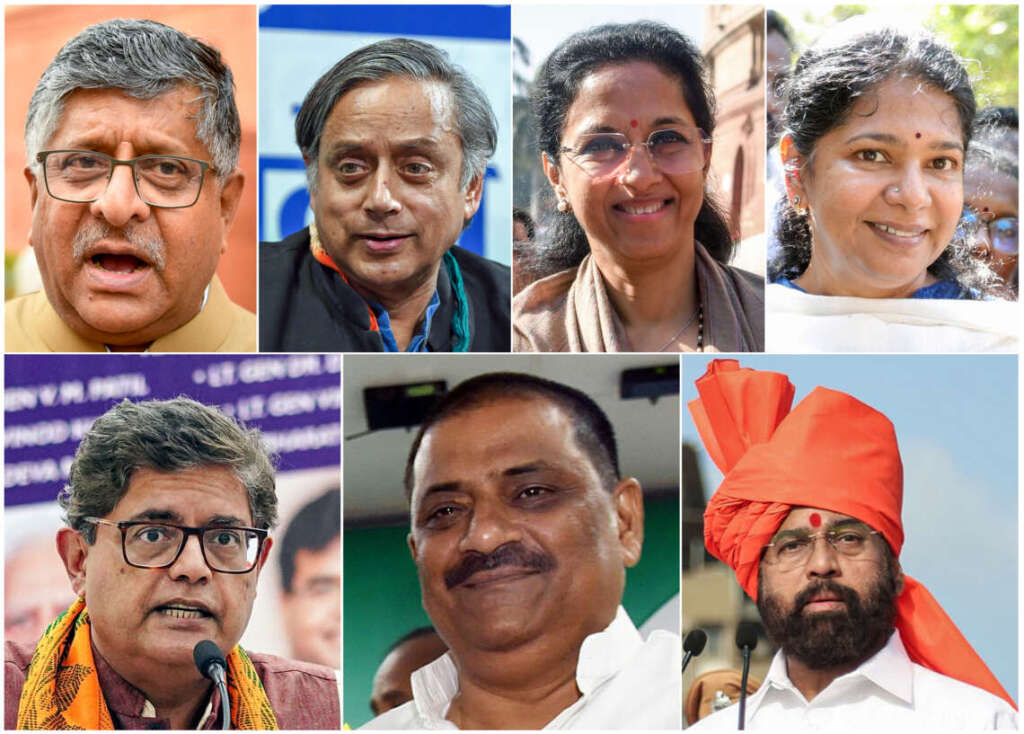
JD(U)’s Sanjay Jha, citing the Pahalgam attack, asserted: “We have evidence that the Pakistan Army and its state machinery support these attacks. India has acted decisively and will continue to do so.”
From Rafale to Resilience: France-India Partnership
During an interaction with a French parliamentary delegation, Shashi Tharoor, who also chairs the Parliamentary Standing Committee on External Affairs, highlighted the symbolic importance of Rafale jets as part of a deepening Indo-French strategic partnership. BJP MP Ravi Shankar Prasad echoed this sentiment, calling Rafale “a symbol of the trust and collaboration between India and France.”
Tharoor noted that the French side extended firm support to India’s position following the recent terror attack and appreciated India’s measured and targeted military response.
Global Stakes as UNSC Membership Looms
The diplomatic push comes at a critical time, with Pakistan set to occupy a non-permanent seat at the UN Security Council for the next 17 months. Indian officials believe Islamabad will exploit this platform to promote anti-India propaganda and deflect scrutiny of its own role in terrorism.
As such, Operation Sindoor Outreach is not merely about garnering sympathy but about shaping global narratives and securing support for India’s long-term strategy of isolating Pakistan diplomatically.
A Calculated Shift on Water Diplomacy
The delegation was also briefed on India’s reconsideration of the Indus Water Treaty, described by officials as a “calibrated step, not a knee-jerk reaction.” Officials stressed that the 1960s treaty was based on mutual trust, which no longer exists in light of Pakistan’s conduct.


